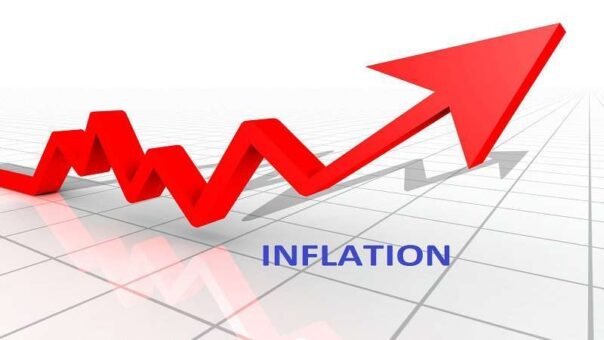Islamabad, November 24, 2023 – Pakistan is facing a severe economic challenge as the inflation rate, based on prices of essential commodities, has surged beyond 41 percent.
The latest data released by the Pakistan Bureau of Statistics (PBS) reveals that the Sensitive Price Indicator (SPI) on a Year on Year (YoY) basis for the week ending November 23, 2023, stands at a staggering 41.13 percent.
The PBS report outlines a distressing scenario, pointing out specific items that have experienced sharp increases in prices. Notably, Gas Charges for Q1 registered an alarming spike of 1108.59 percent, followed by Cigarettes (94.20 percent), Wheat Flour (88.18 percent), Chilies Powder (81.74 percent), Rice Basmati Broken (76.57 percent), Garlic (71.03 percent), Rice Irri-6/9 (62.28 percent), Gents Sponge Chappal (58.05 percent), Gents Sandal (53.37 percent), Tea Lipton (53.00 percent), Gur (50.80 percent), and Potatoes (47.90 percent).
Conversely, some relief was observed in the prices of certain commodities, with Onions seeing a decrease of 36.18 percent, Tomatoes (18.10 percent), Mustard Oil (4.06 percent), and Vegetable Ghee 1 KG (2.85 percent).
The SPI for the week ending on November 23, 2023, experienced a marginal decrease of 0.06 percent, according to the PBS. This decline can be attributed to reductions in the prices of Tomatoes (5.78 percent), Vegetable Ghee 2.5 KG (1.36 percent), Cooking Oil 5 Litre (1.31 percent), Banana (0.91 percent), Vegetable Ghee 1 KG (0.82 percent), Eggs (0.33 percent), Sugar (0.20 percent), and Tea Lipton (0.17 percent). On the other hand, certain items saw notable increases, including Garlic (4.61 percent), Onion (2.42 percent), Chicken (1.81 percent), Potatoes (1.69 percent), Pulse Masoor (1.01 percent), LPG (0.76 percent), Firewood (0.59 percent), Wheat Flour (0.54 percent), Matchbox (0.52 percent), Pulse Moong (0.52 percent), and Bread Plain (0.47 percent).
In a week marked by fluctuations, out of 51 essential items, prices of 18 (35.29 percent) witnessed an increase, 12 (23.53 percent) saw a decrease, while 21 (41.18 percent) remained stable.
This alarming inflationary trend is a matter of concern for the Pakistani economy, impacting the cost of living for citizens and posing challenges for businesses. The government is under pressure to implement measures that can address the root causes of inflation and stabilize the prices of essential goods. As the situation unfolds, policymakers will be closely scrutinizing economic indicators to develop effective strategies for mitigating the impact of soaring inflation on the nation’s economy.
